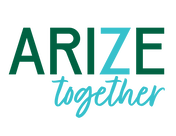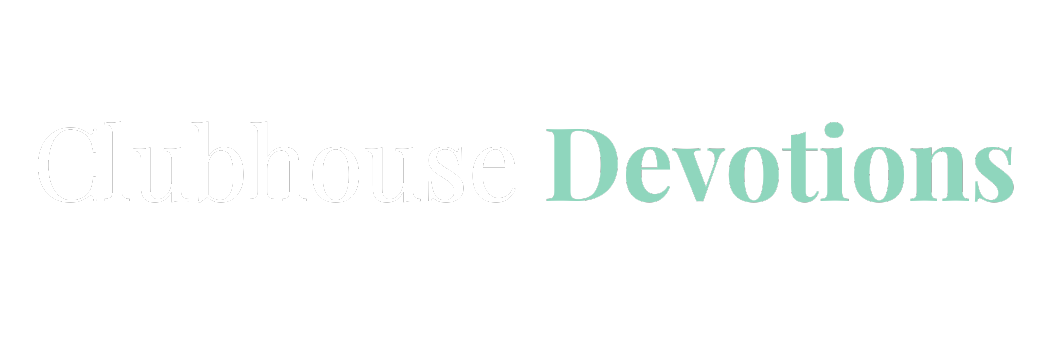|
Upon his succession to the throne of Israel, Solomon asked God for discernment and wisdom. God was pleased with his humility and not only granted this request but he also gave this son of David wealth and honor so that Solomon would have no equal among earthly kings.
About one thousand years later, Jesus lived in the small agricultural village of Nazareth, the stepson of a tradesman. Not exactly the same earthly experience as Solomon. Two men, separated by a millennia and extremes of wealth. One a mortal man granted favor by God, the other the Son of God. Yet both warned us of the potential money has steal our freedom. Proverbs 22:7, which is attributed to Solomon, says, “The rich rules over the poor and the borrower is the slave of the lender.” The Message goes a step further and interprets this verse, “so don’t borrow and put yourself under their power.” Ouch, Solomon. Must be nice to have enough to bankroll 12,000 horses, 700 wives and 300 concubines. But Solomon undoubtedly knew a few men who were indebted to him, and with his gift of wisdom, recognized the power that he had over them. In contrast, the King of Kings, in his humanness, knew suffering and probably heard some difficult conversations about putting food on the table. Yet Jesus expounds on Solomon’s warning and tells us that we cannot serve two masters, “You cannot serve God and money.” I use a leash when I walk my Labrador retriever, Mayfield, in our neighborhood. As her master, I know that the leash protects her from running into the street and keeps her going in the direction where I want to lead her. Now if another master would put a second leash on her, which of us would be able to lead her? I would be pulling her one way and that second master would be pulling her another. She can only be lead on one leash by one master. Jesus’ warning is much like Solomon’s in that money will readily master us — if we let it. Money can be an idol that consumes our thoughts, whether we are anxious about having enough or greedily chase after it and all the pleasures it can buy. How we view money reveals the condition of our hearts and who we trust more — God or ourselves. “Look at the birds of the air: they neither sow nor reap nor gather into barns, and yet your heavily Father feeds them. Are you not of more value than they?” — Matthew 6:26 Hear that: You have value. Jesus continues, “Therefore do not be anxious, saying, ‘What shall we eat?’ or ‘What shall we drink?’ or ‘What shall we wear?’ For the Gentiles seek after all these things, and your heavenly Father knows that you need them all. But seek first the kingdom of God and his righteousness, and all these things will be added to you.” — Matthew 6:31-33 Going back to Mayfield, I demonstrate my love for her by feeding her twice a day and ensuring she has water and that all her needs are met. Sometimes, when she is hungry, she asks me to feed her in her own doggie way. My timing isn’t necessarily hers. But Mayfield trusts me and knows I will provide for her. We all have had months when money was tight, when we weren’t sure how all the bills would get paid. But here we are today — clothed and fed. Our heavenly Father knows our needs. Out of love for us, he may not necessarily give us what we want — or when we want it. He allows us to learn from the consequences of our actions, as a good dad does. But when we trust him and the provision of grace that he has given us through Jesus, he is faithful. So when it comes to your money, which leash are you wearing? Are you wearing the leash that tethers you to the demanding, unfaithful master of money worries? Or have you found freedom from anxiousness when you allow the Good Master to lead you?
0 Comments
|
AuthorChantelle Kammerdiener Archives
March 2024
Categories |
JOIN |
SUPPort |
|


 RSS Feed
RSS Feed